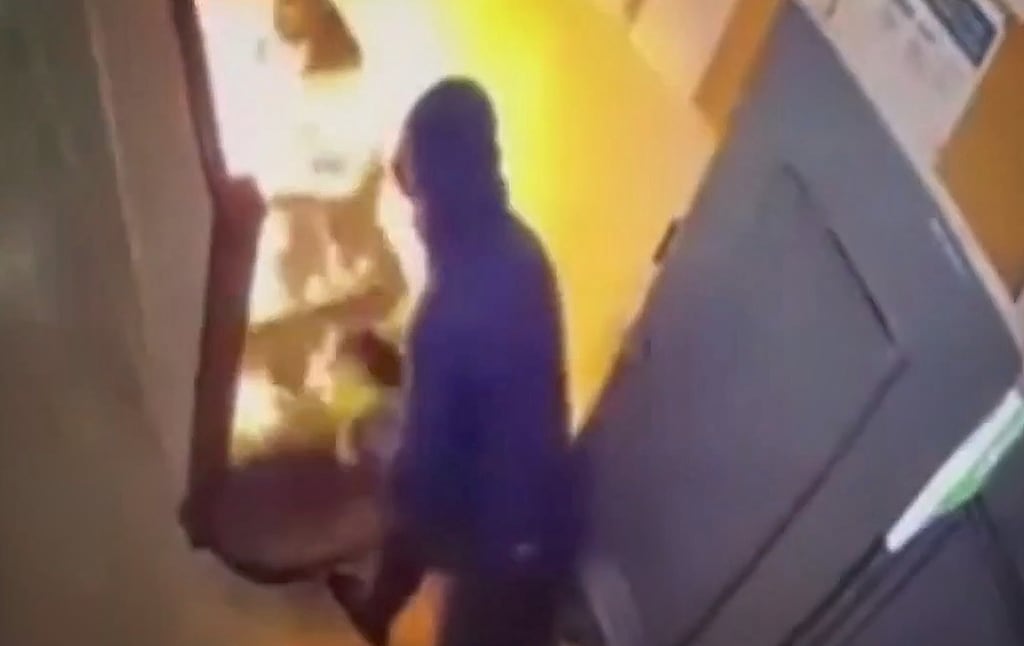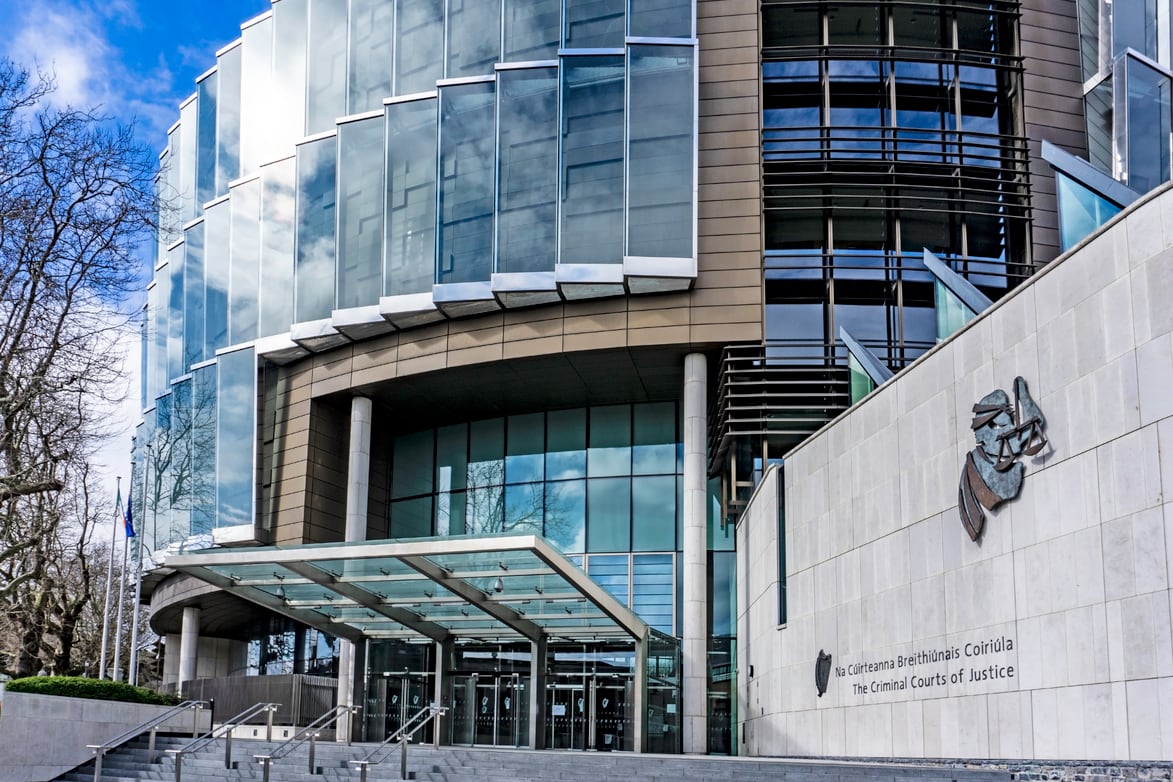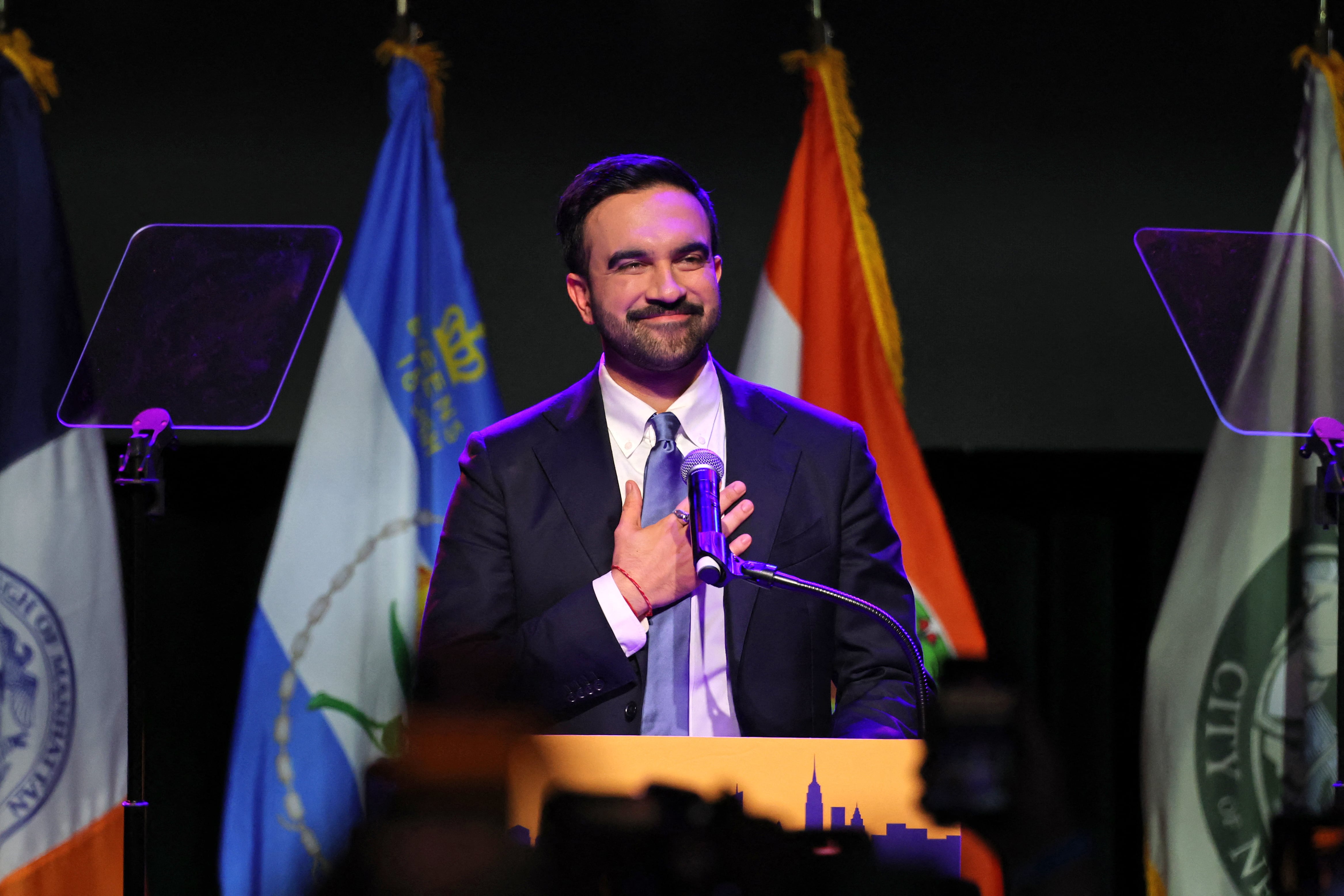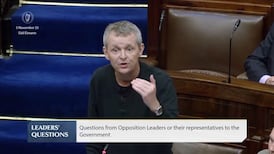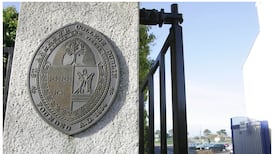Minister for Justice Jim O’Callaghan has described the arson attack on the International Protection Accommodation Services (Ipas) centre in Drogheda last week as “attempted murder”.
Referring to the violence of the past two weeks, he said it was “extremely important that in this House, we do not allow that extreme behaviour, or the criminal acts of others, to dictate our policy when it comes to international protection”.
The Minister was speaking in a Dáil debate on international protection on Wednesday, during which he outlined measures being taken to deal with asylum applications within 12 weeks.
Labour TD Alan Kelly warned that Ireland was in danger of changing, saying: “We’re going to kill off forever Ireland of the welcomes and that’s what we’re known for.”
READ MORE
Mr Kelly also accused Fianna Fáil, Fine Gael and Sinn Féin of “frankly unacceptable” commentary on immigration and attempting to “ride both horses”.
He said they were “trying on the one hand to be pro-migration and on the other making remarks that are totally unacceptable”.
Introducing the debate, Mr O’Callaghan referred to the recent rioting outside the former Citywest Hotel, attacks on gardaí and attempts to attack and damage the accommodation centre there.
“And then last weekend, we saw the reprehensible act of an individual literally trying to set a building on fire in the knowledge that there were people in that building,” he said.
“And that, being honest, that was an attempted murder, if ever I have seen one in terms of the consequences of a fire going up on that stairwell.”
Everyone in the Dáil would be outraged by the acts, he said, adding “it’s important that we not only condemn those acts, but that we do not permit the individuals or those behind perpetrating them to get any belief that their actions will mould or change our behaviour”.
The Minister pointed to immigration figures as he outlined measures to deal with asylum applications. He said in the year ending April, 2024, the Central Statistics Office (CSO) recorded that 149,200 people had migrated into Ireland and 70,000 had left the country, among them non-EU citizens including Ukrainians.
Before the Covid pandemic, the State was dealing with between 2,000 and 4,000 asylum claims annually. From 2022 to 2024, in the region of 44,000 to 45,000 people came to Ireland, claiming international protection, he said.
“At the same time, we also were providing temporary protection to people who were fleeing the war in Ukraine.”
He said “the surge in numbers created the crisis”, and they were unable to provide accommodation for everyone.
[ Drogheda arson attack: ‘The house is on fire. Please answer’Opens in new window ]
The Minister said Ipas staff had increased from 143 in 2019 to 620. Last year, he continued, they delivered 14,000 first decisions on asylum applications, compared to 8,500 in 2023. “Already this year, we’re seeing 16,600 decisions and I’m confident that by the end of this year, we’ll see 20,000 decisions.”
He said that since July, a pilot project dealing with asylum seekers from Georgia, Brazil, and India had seen over 300 decisions which have gone through the first stage, the appeal stage and “in many instances, deportation order signed within a period of 12 weeks”.
“I think that’s a fair system”, he said, rejecting claims it was unfair to process applications with such speed.
Mr Kelly described it as “a really pertinent, defining moment for our country. We’re not really into extremes yet in this country . . . but we’re in danger of changing as a country.”
Citing the “extreme views” he had seen across all media formats about a very small minority of people, he said: “It’s very un-Irish. It’s wrong.”
Minister of State for Migration Colm Brophy said he and Mr O’Callaghan had worked “tirelessly” on a contribution model for those in international protection. “I believe it makes sense that people who are out there working, that they’re actually paying their income tax, making a contribution towards their cost of accommodation,” he said.
Sinn Féin justice spokesman Matt Carthy said the international protection system was dysfunctional. “That’s not the fault of those applying for asylum,” he said. “It’s the fault of Fianna Fáil and Fine Gael, which have made a mess of a system that continues to operate in crisis mode.”
